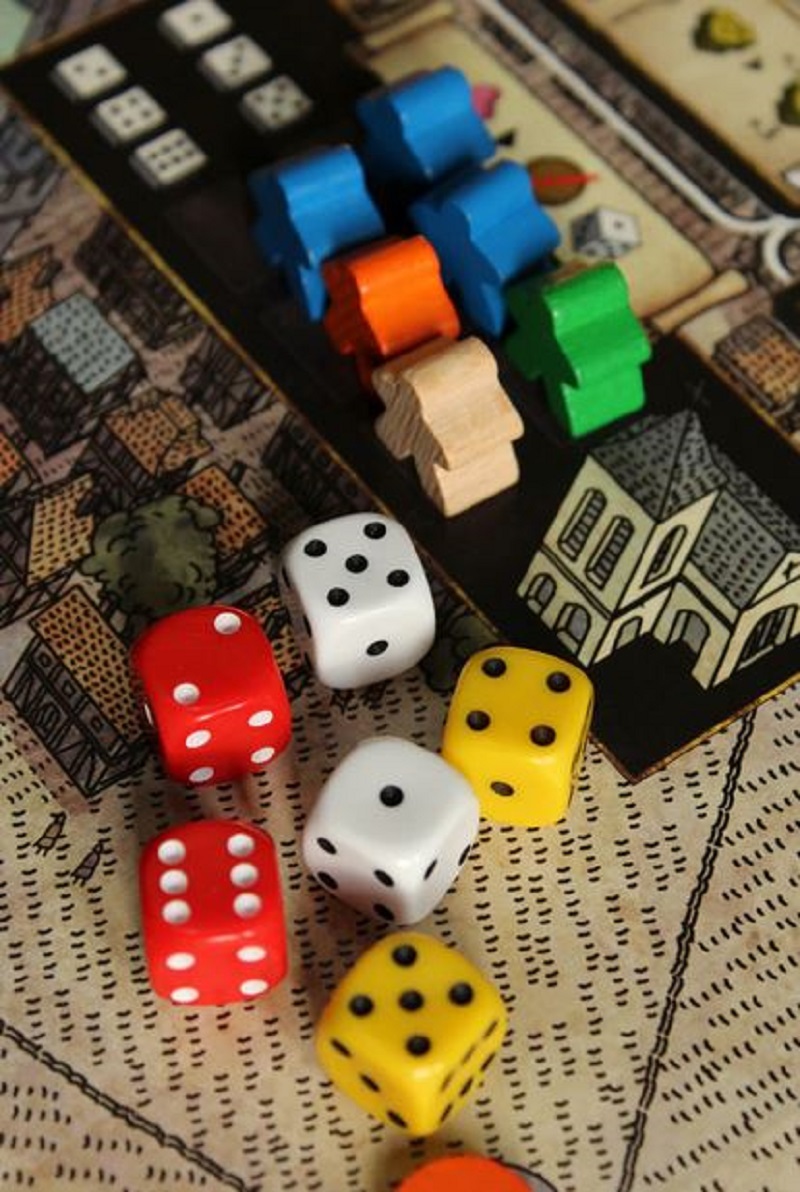Most kids spend too much time in front of a screen. It may be a TV, laptop, smartphone or gaming console, or a combination of all four. Yet parents are told it is OK if it is an educational game or video. Unfortunately, all that screen time is bad for their eyes, their backs, their physical activity level, and their social development. The solution is to give them board games that cultivate social skills even as they’re learning the educational material. But what should you look for in educational games for your kids?

Age-Appropriateness
The classic game Candyland was designed to be playable by children who couldn’t read. They only need to understand colors and be able to count. That’s why the game can be played by three-year-olds as well as eight-year-olds. Don’t choose a game that requires literacy skills above the reading level of your children. Don’t select educational games that require a greater attention span than the children have. This is why children learning how to count can play “War” with a standard deck of cards but not something that takes 15 minutes for a single round. Use “Uno” to teach them how to recognize colors and numbers.
Subject Matter
When searching for educational games for your kids, pick ones that cover subjects they need assistance with. Flashcard games will teach the math facts or other fast facts on the flashcards. Word games may teach reading or spelling. Matching games may teach children Dolch sight words or state capitals. Adventure board games may teach history, while others simply teach social skills like taking turns. Games that require kids to build traps for the mouse or follow directions to get to the destination may incentivize reading, but they need to have the foundational skills to enjoy it. This is where “testing” games can be useful. Teaching games will teach them these skills, though adults or older children should be available to assist.

Excitement / Enjoyability
Why are educational games so popular? Because they’re more fun than workbooks and basic flashcards. Just make sure that the games you’re choosing are fun. The game needs to give them a thrill when they win, so it cannot be too easy for them. There should also be excitement with each turn since there is either a puzzle to solve or the uncertainty of how far they’ll be allowed to go. Alternatively, the games could tie to real-life skills. For example, games, where kids are buying and selling things, will teach them how to count money. With more advanced business games, they will also practice addition, subtraction, multiplication, and division. And if they make a bad business decision, they’ll run out of money and lose.
Complexity
Games should be fun. Any board game you choose should be simple enough for the kids to set up and play by themselves. They might need help reading the instructions or mediating a dispute, but they shouldn’t need an adult to serve as the game master. The best educational games won’t be impossible to play if someone loses a piece, either.
Leave a Reply